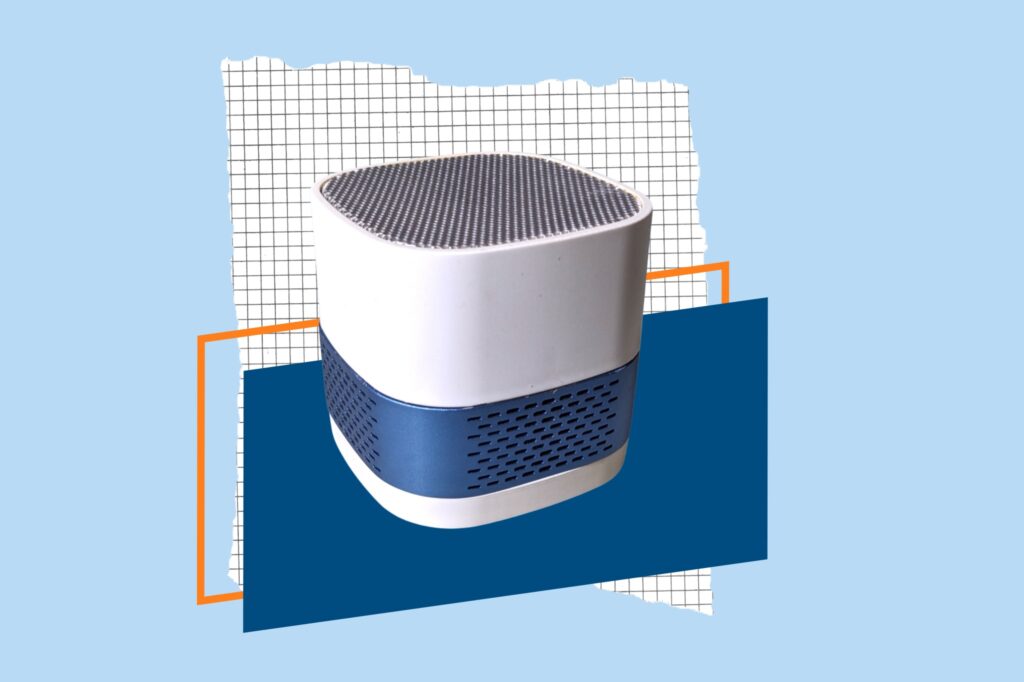Air pollution is a serious problem, and it’s one that many drivers contribute to every time they go behind the wheel. But what some don’t consider is that pollution also exists inside the car cabin.
While the space isn’t airtight, the air in the area still has a generally similar state. So, if the air in the cabin has pollutants, drivers and passengers are exposed whenever they ride the vehicle. Depending on the pollutants, prolonged exposure makes people vulnerable to various respiratory issues.
Fortunately, you can clean the air inside your vehicle’s cabin with the help of an air purifier. But what exactly are air purifiers, how do they work, and are they as useful as they sound?
What Do Air Purifiers Do?

Air purifiers, and by extension, portable air purifiers for cars, are accessories designed to clean the air inside your vehicle. They’re a handy tool for drivers with respiratory issues, allergies, or sensitivities to airborne particles commonly found inside vehicles, such as dust.
Though air purifiers improve air quality like cabin air filters, they’re not the same.
Cabin air filters clean the air that enters your vehicle from outside, catching pollutants and contaminants before they can get inside your cabin.
On the other hand, air purifiers clean the air that’s already inside your cabin. This means they can potentially catch and remove the particles the cabin air filter failed to filter. They’re a great investment if you want to boost the quality of the air you breathe as you drive.
How Do Air Purifiers Work?
There are many types of air purifiers, each of which works differently.
HEPA Filters
These filters take in air and force it through multiple layers of fine mesh, trapping contaminants, pollutants, and other harmful particles. The mesh is typically made of glass fiber and the layers are arranged randomly to form a mat.
Activated Charcoal Filters
Unlike HEPA filters which use meshes to trap particles, activated charcoal filters use a chemical process known as adsorption to chemically bind impurities to the filter. This traps potential pollutants and keeps the air clean.
Air Ionizers
These filters remove harmful airborne particles by releasing negative ions. This charges the particles and attracts them to the nearest surface, drawing them away from you. It’s worth mentioning that even though air ionizers are effective at purifying the air, they release ozone — a gas that’s harmful to our lungs.
Why Not Just Roll Down a Window?
Rolling down your window might seem like a good idea if you want to rapidly recirculate the air in the cabin, but this does more harm than good. There’s a good chance that when you’re on the road, the air outside your vehicle is filled with pollutants and harmful gasses.
Letting those pollutants inside your car can do more harm than good. So it’s best to avoid rolling down your vehicle’s windows unless you have to.
Do All Cars Have Air Purifiers?
No, not all cars have air purifiers. Some vehicles come with air purifiers pre-installed but for others, you’ll need to buy a portable air purifier and set it up inside your car. Even though most cars don’t have air purifiers, they do have cabin air filters that perform a similar purpose.
Which Automakers Offer Vehicles With Air Purifiers?
Many modern vehicles have cabin air filters, but few have air purifiers that can clean the air that’s already inside the cabin. Most of the time, drivers will need to have air purifiers installed in their vehicles or purchase portable machines that can filter the pollutants in the cabin.
So which automakers offer vehicles with air purifiers already installed?
Tesla
Tesla was the first automaker to install HEPA air purifiers inside their vehicles. This feature, combined with its pressurized cabin, makes up the Tesla’s Bioweapon Defense Mode — a filtration system designed to clean air inside and outside the car. This technology means Tesla cabins are both airtight and capable of continuously filtering and circulating clean air.
Land Rover
Another automaker that offers vehicles with in-built air purifiers is Land Rover. Certain models feature the Land Rover Air Ionization system, which purifies the air inside the cabin. The system uses both ionization and a condenser to electrically charge contaminant particles before trapping them, keeping the air clean.
Mercedes-Benz
The Mercedes-Benz Air Balance system uses charcoal filters and ionizers to purify cabin air, all while filtering out contaminants from outside the vehicle. This system has an optional fragrance atomizer to eliminate natural odors and make the interior smell more pleasant.
Do Air Purifiers for Cars Work?
Yes, they do. Whether they’re a must to have in your cabin is entirely up to you.
While air purifiers do an excellent job of cleaning the air inside a vehicle, they’re more of a luxury item. Most modern vehicles already have built-in air filtration systems to prevent toxic fumes from entering the cabin. Because of this, air purifiers are redundant for many vehicles.
However, if you live in or frequently drive in places with severe pollution, it might be beneficial to get an air purifier. This way, you can receive additional protection from smog and pollutants, minimizing the risk of illnesses and diseases.
Any information provided on this Website is for informational purposes only and is not intended to replace consultation with a professional mechanic. The accuracy and timeliness of the information may change from the time of publication.




















